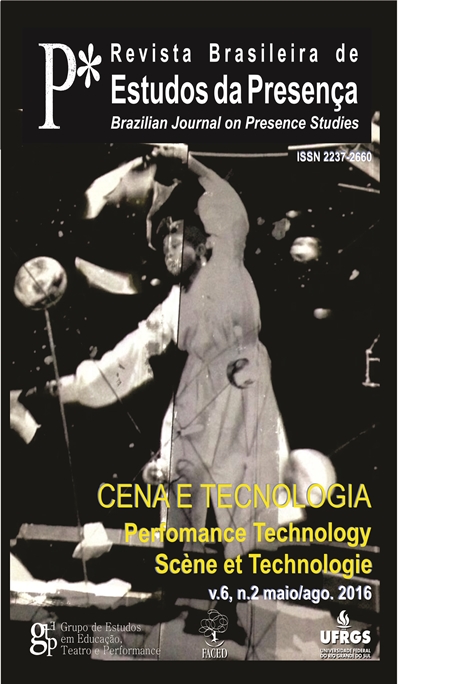Pedagogy of the Possessed: re-thinking the Dancer-Researcher-Performer (BPI) method in dance curricula in Brazil
Keywords:
BPI, Alterity, Dance, Choreography, ResearchAbstract
This paper calls into question the central tenets of the Dancer-Researcher-Performer (BPI) method taught at the Universidade Estadual de Campinas (Unicamp) in Brazil. The analysis problematizes the underlying assumption that students lack an awareness of their own Brazilianness, which they must find through BPI, and questions a choreographic methodology where students are coached to be possessed by the dance. The paper draws attention to the power imbalances inherent in BPI’s co-habitation experience, where students research marginal others who are understood as the source of authentic Brazilian culture. The paper invites BPI students and teachers to reconsider the ethics of this research methodology, and to consider the possibility of choreographic research that engages both mind and body critically and consciously.Downloads
Published
How to Cite
Issue
Section
License
Readers are free to transfer, print out and use the articles published in the Journal, as long as there is always explicit mention to the author(s) and to the Revista Brasileira de Estudos da Presença and as long as there is no alteration of the original work. Any other use of the texts needs to be approved by the author(s) and by the Journal. By submitting an article to the Revista Brasileira de Estudos da Presença and having it approved, the authors agree to assign, without compensation, the following rights to the Journal: the rights of first publication and the rights to redistribute the article and its metadata to the indexing and reference services that the editors deem appropriate.
 This journal use a Licença de Atribuição Creative Commons.
This journal use a Licença de Atribuição Creative Commons.

















